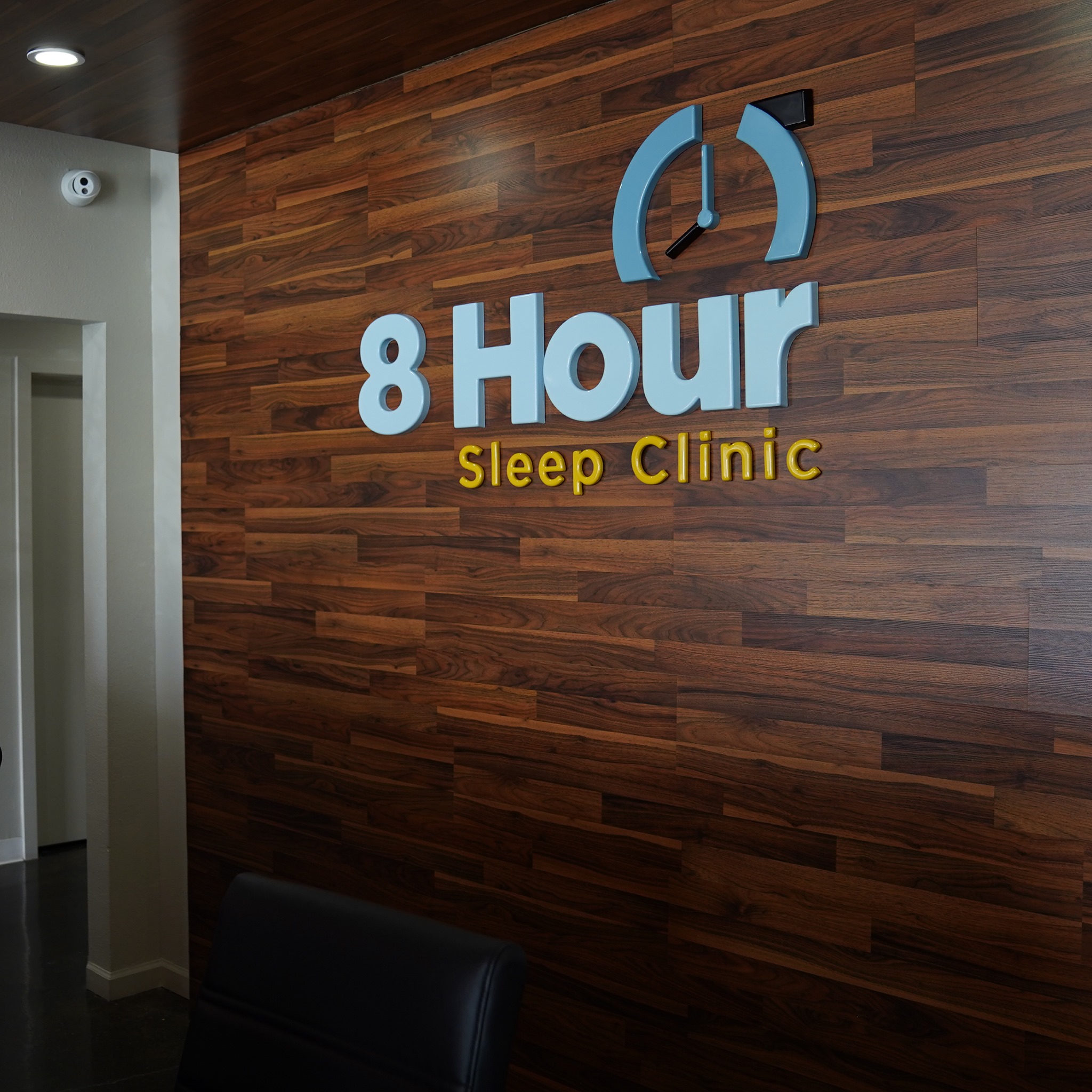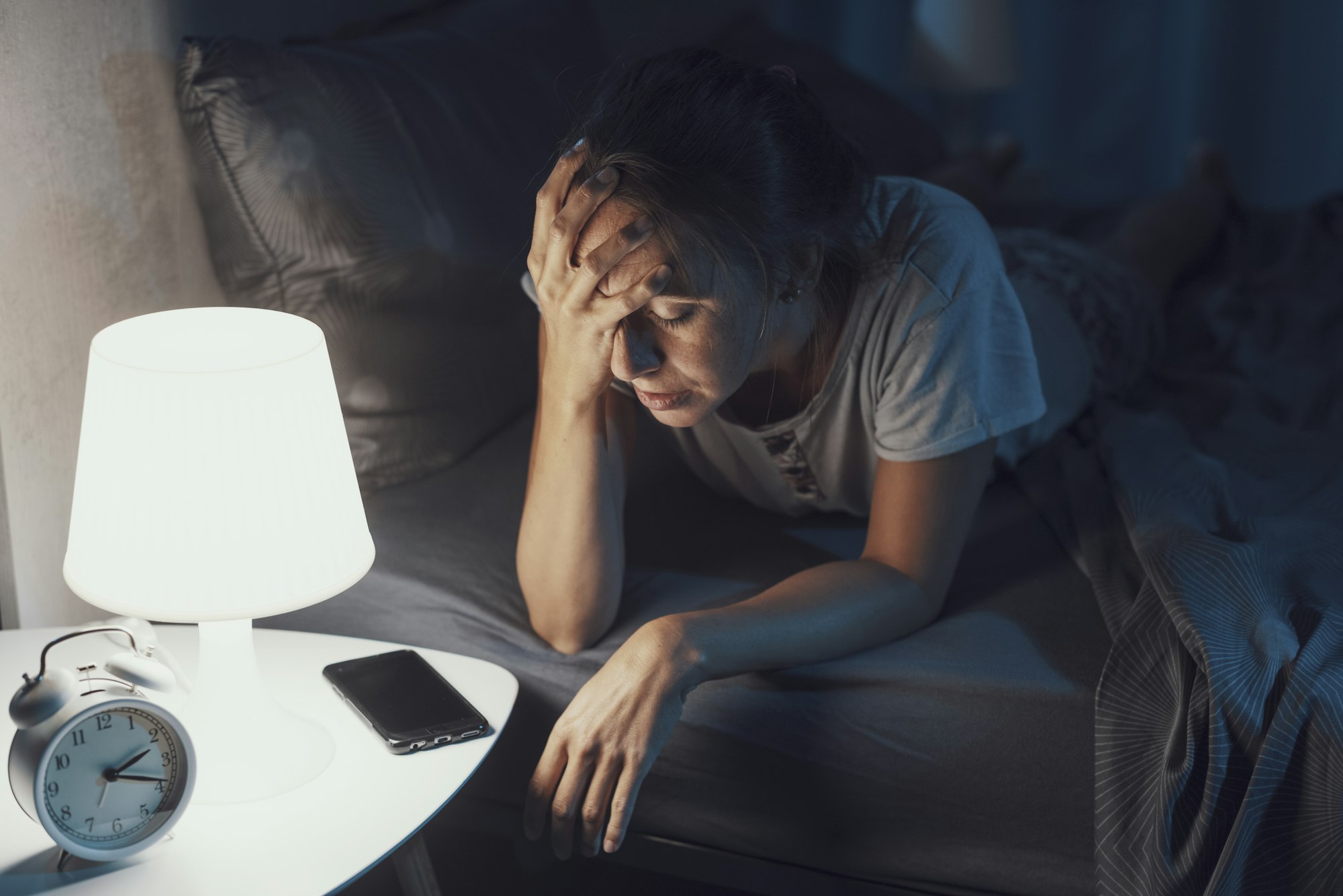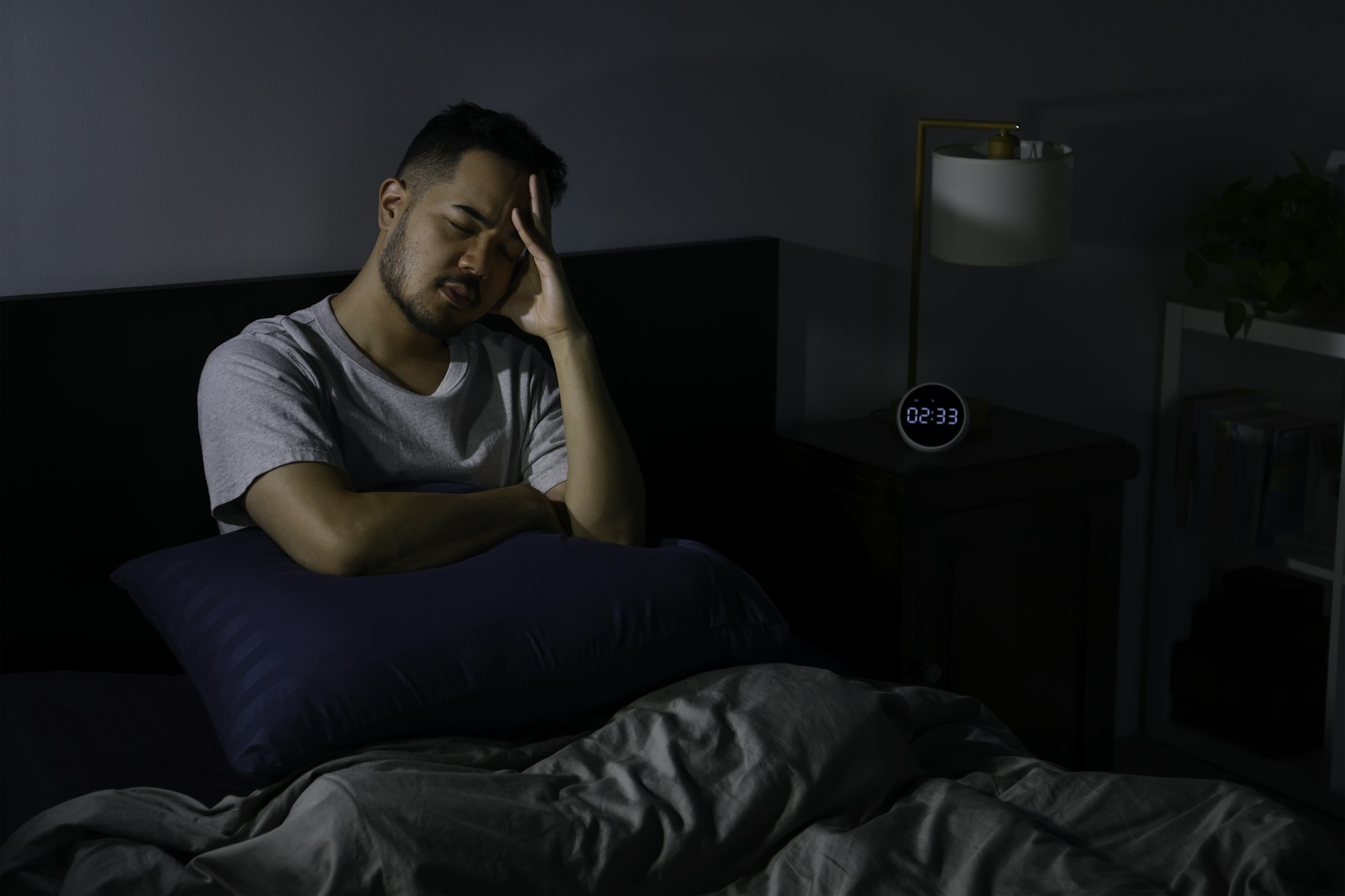Advanced Sleep Care in El Paso at 8 Hour
We specialize in diagnosing and treating a wide range of sleep disorders that can negatively impact your health and well-being. Sleep disorders, such as sleep apnea, insomnia, restless leg syndrome, and narcolepsy, are more common than many realize and can lead to serious health complications if left untreated.
Understanding the symptoms of sleep disorders is essential for seeking timely help. Common symptoms include excessive daytime sleepiness, difficulty falling or staying asleep, loud snoring, waking up gasping for air, morning headaches, and difficulty concentrating during the day. If you or a loved one experience any of these symptoms, it’s important to consult with a specialist at our Sleep Disorder Center.
Our expert team is equipped with the latest technology to assess, diagnose, and treat sleep disorders, helping you achieve restful, restorative sleep. Whether it’s through in-lab or home sleep studies, we offer personalized care tailored to each patient’s needs. Don’t let poor sleep affect your quality of life—visit our Sleep Disorder Center and start your journey to better sleep today.
Hypersomnia
or excessive daytime sleepiness (EDS) its characterized by an individual having a hard time staying awake throughout the day
What are the signs/symptoms?
Those with hypersomnia suffer from constant, recurrent episodes of extreme sleepiness and symptoms of sleep deprivation. It can be caused by other disorders such as narcolepsy, obstructive sleep apnea, and the use of some types of medications.


- High-quality Healthcare


Insomnia
is difficulty falling asleep or staying asleep, even when a person has the chance to do so. People with insomnia can feel dissatisfied with their sleep
What are the signs/symptoms?
- Fatigue
- Low energy
- Difficulty concentrating
- Mood disturbances
- Decreased performance in work or at school.
Narcolepsy
is a chronic neurological disorder caused by the brains inability to regulate a stable sleep-wake cycle. People who suffer from narcolepsy have mixed signals sent from their brain about when to sleep, which is why narcoleptics fall asleep at inopportune times. One may develop narcolepsy at any time, although onset of the first symptom usually occurs after puberty, in late teens to young adulthood
What are the signs/symptoms?
People who suffer from narcolepsy can experience a number of symptoms, excessive daytime sleepiness (EDS).
Cataplexy: The sudden loss of muscle tone while a person is awake, leading to weakness and a loss of voluntary muscle control.
Sleep Paralysis: A temporary inability to move or speak while falling asleep or waking up. This usually last only a few seconds or minutes.



